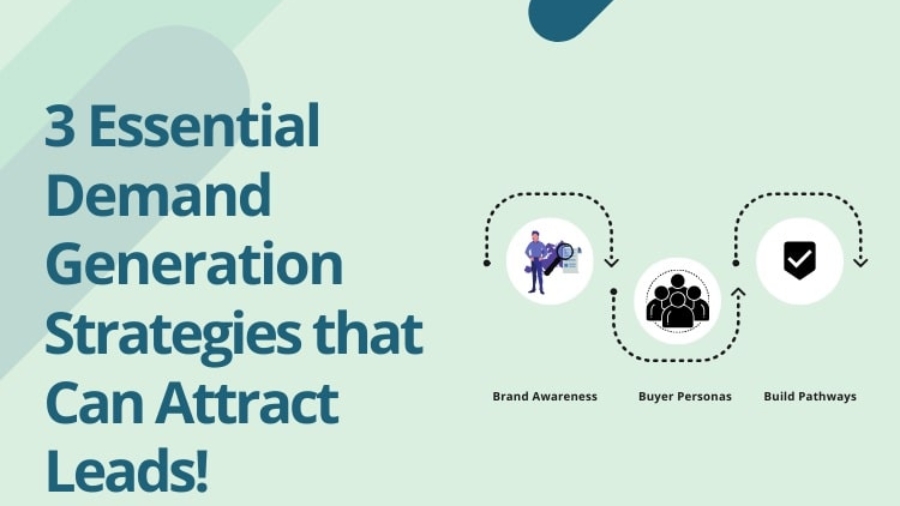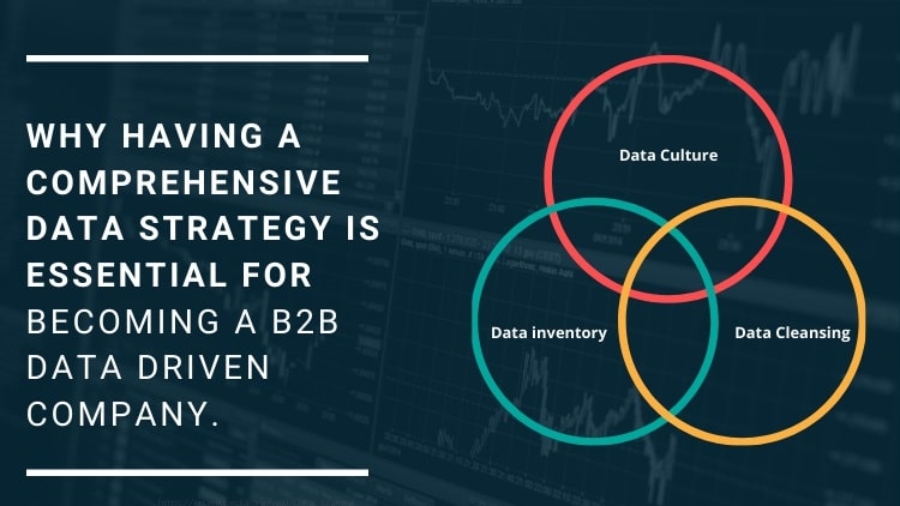When the sales and marketing teams of a B2B company are very well aligned, they have the capacity to bring in maximum results. It is a proven fact that if the goals, processes, and technology objectives of these two teams are very well aligned, the company can make good business. If you want consistent results; demand generation can create those results for you and your company. B2B demand generation can create brand visibility, nurturing the prospects, converting the prospects into customers to maintaining long term relationships with the customers.
B2B demand generation strategies that nurture the prospect at each and every stage of the customer journey can bring in more leads. It not only allows long term relationship building, but it also helps you to retain your existing customers, while successfully bringing in new customers.
In this blog we discuss how you can make this critical strategic activity successful for attracting more leads:
Brand Awareness:
Research shows that 86% of consumers prefer brands that are authentic, transparent, and solid in their values. In an oversaturated market, it is extremely important to be known and also to be known amid the right audience. A strong brand or a B2B service provider that has established itself in the market is most likely going to attract more leads. Telling an impeccable brand story that is true and is lucrative at the same time is important in today’s market to be able to attract potential customers.
Buyer Personas:
Knowing the buyer persona from your niche target audience is extremely crucial for success in B2B sales and marketing. B2B demand generation campaigns that focus on the precise target audience and are based and built on the knowledge of the customer are more likely to convert into business. A strategy that encompasses the perfect understanding of the customer’s pain points, challenges, business objectives, etc. can help you to segment or categorize your database for maximum results.
Build pathways: Spell out Call to Action
As we all know, a website can be a really useful lead magnet, but it always almost works when you embed strong and robust CTAs within the website. A website with strong CTAs and an outstanding landing page can create diverse pathways to B2B Lead Generation. You can create case studies, webinars, whitepapers, etc. and also get your content syndicated for better outreach as a part of your B2B demand generation strategy.
Conclusion:
The key to successful B2B demand generation is to include a comprehensive plan that encompasses each touchpoint of your prospects’ journey so that you give them exactly what they need. B2B demand generation is the bigger picture of your marketing strategy that allows you to include activities that truly nurture your prospects at the various stages of the buyer’s journey.


